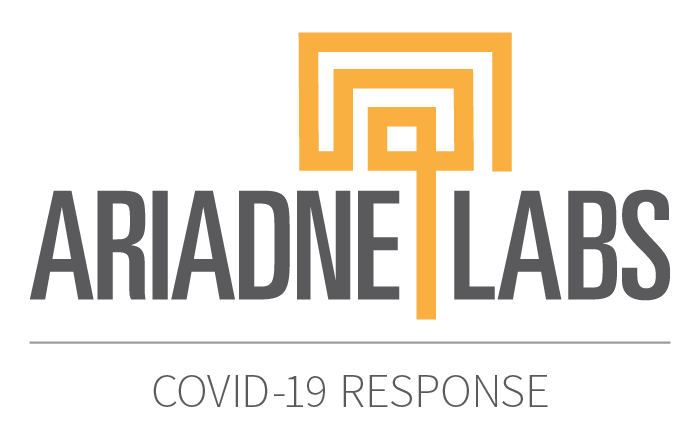The Challenge
The COVID-19 pandemic has put the limitations of our health system into stark relief. It has also created a new set of extraordinary challenges. Leaders of health systems are facing wrenching decisions to keep their communities and their staff safe, and maintaining the status quo is not an option. Bold, anti-racist, and inclusive leadership is required to drive progress. And the trustworthiness of our health systems hangs in the balance.
At the behest of Congress, in January 2020 the National Academies of Science, Engineering and Medicine (NASEM) produced a consensus committee report on Birth Settings in America that articulated the ways the current design of our maternity system “is fraught with inequities in access and quality and high costs, and there is growing recognition of the mismatch between the collective expectations of the care and support people giving birth deserve and what they actually receive.”
The ways the COVID-19 pandemic has disrupted the care of pregnant people, and the ways health systems have been responding, offer important lessons for health system leaders to both mitigate the immediate harms and work toward the long-term opportunities for equitable systems improvement as highlighted in the NASEM report. This report translates these lessons into actionable recommendations for investing in innovations that have promise for sustained impact.
Our Recommendations
An Approach to Improving Care
From listening to the voices of those on the frontlines of delivering and receiving care for childbirth during COVID-19, we recommend that leaders of health systems consider a three step approach to improving care:
- Focus investments to address priority challenges driving emerging trends in the marketplace,
- Identify innovations that meet the needs of your community, critical gaps in care, and assets of your organization, and
- “Accelerate” the existing momentum by reinforcing the market tradewinds.
These recommendations were based upon the three top challenges that participants across all roles (birthing people, doulas, nurses, midwives, physicians, and healthcare administrators) prioritized as critical to address during and beyond the COVID-19 pandemic: continuum of care & support, family & support, and patient-provider relationships.
Innovation Categories
Many of the promising innovations during the pandemic that participants surfaced appear positioned for sustainable change because they address multiple, if not all three, of these challenges at once. Collectively, the innovations fell into six categories:
- Leverage Virtual Access
- Build Trust & Enhance Communication
- Customize Care Planning & Support
- Coordinate Existing Services & Needs
- Adapt Roles & Responsibilities
- Utilize Alternate Care Settings
These innovations both align with long-term recommendations for improving maternity care systems and fall within a current window of opportunity to implement during the COVID-19 pandemic. Health system leaders can further support the momentum created by this window of opportunity through reinforcing the “demand” among birthing people or health system stakeholders and the “supply” of enabling factors to promote successful and sustainable implementation.
Our Values
Systemic inequities underlie all of the challenges this report and our research aim to address. Therefore, rather than treating equity as a separate need, we embedded this focus throughout the process. In bringing people together across professional perspectives and intersectional identities, we brought forward creativity by creating safe and inclusive spaces for discussions.
To do this we were particularly attentive to the need to be inclusive of Black and Indigenous People of Color (BIPOC), Asian-Americans and Latinx people, LGBTQIA+ people, neurodiverse individuals, and people of diverse ages, socio-economic status, professional disciplines, and walks of life. In the discussions, we respected lived and embodied experience, alongside technical expertise. In naming and unpacking painful injustices such as racism and anti-Blackness, we recognized that impact matters, regardless of intent.
Our Hope
By revealing the gaps and injustices in our health systems, the COVID-19 pandemic has accelerated advocacy for change and required providers to not only adapt but innovate. There is a window of opportunity to create a higher performing, more equitable, and anti-racist health system by investing wisely in innovations with existing momentum that are likely to be sustained in the years to come. This report is intended to provide a road map for health systems leaders to select where to invest in the near term to help bring these systems changes into reality.
If you are interested in getting involved in this work or want to learn more, we invite you to collaborate with us.


